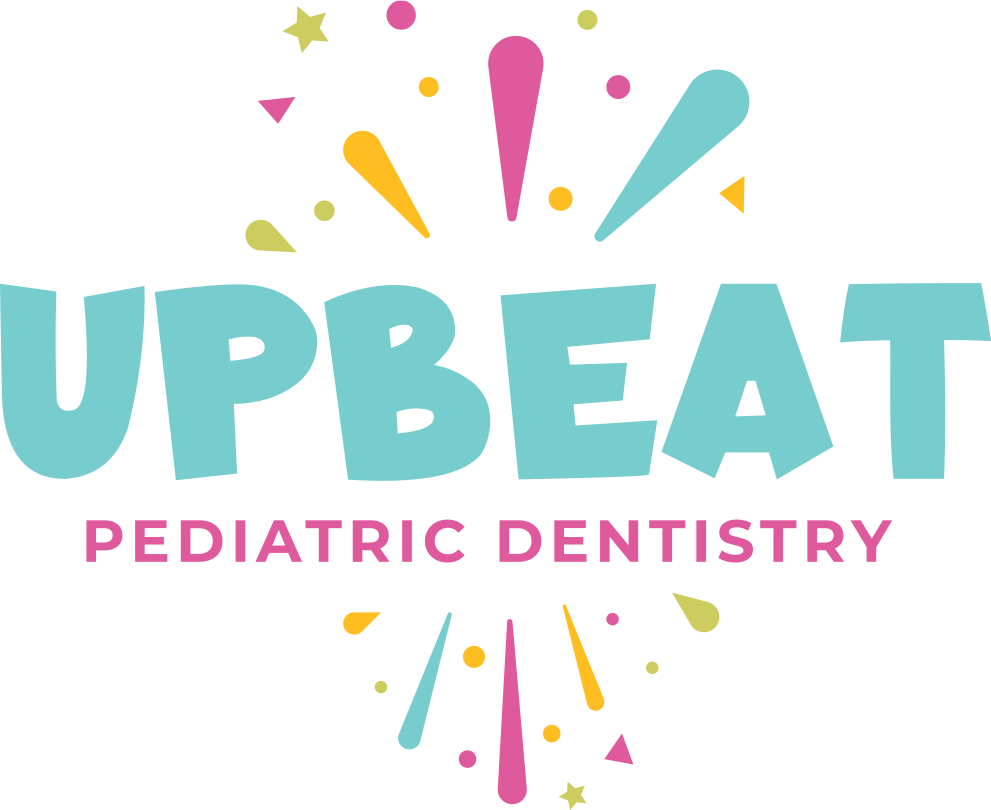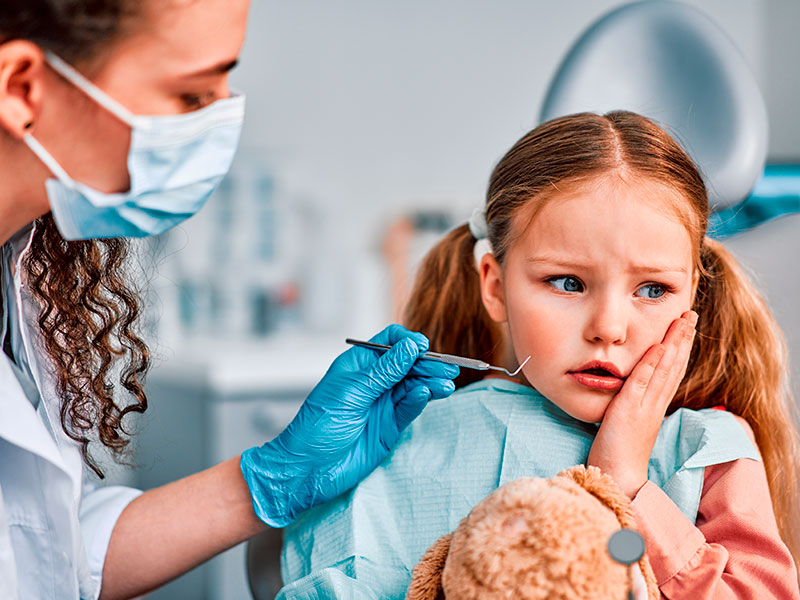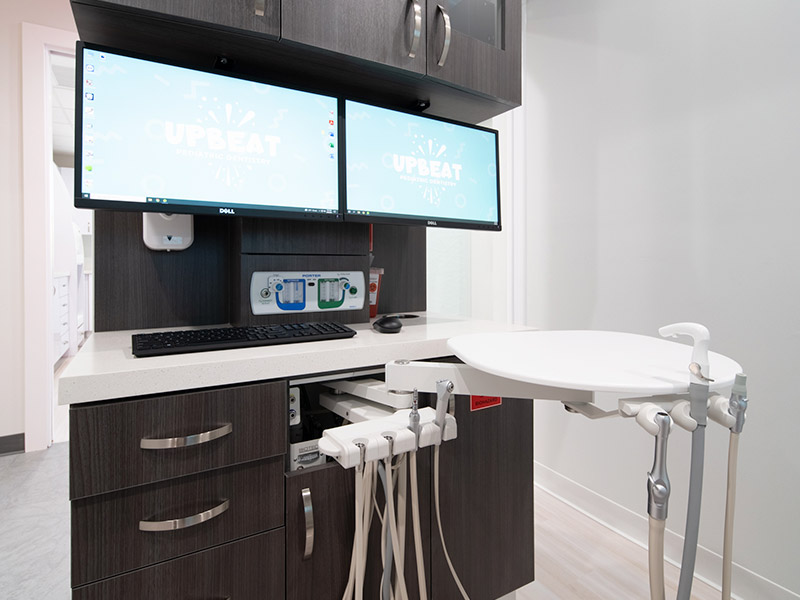As a parent or caregiver, ensuring the health and well-being of your child is your top priority. This includes taking care of their oral health, which is an integral part of their overall development.
However, infants and toddlers can face specific dental problems that require attention and care.
In this blog post, we’ll explore some of the most common dental issues that affect our youngest patients and discuss how to prevent, recognize, and address them.
Baby Bottle Tooth Decay
Baby bottle tooth decay, also known as early childhood caries, is a prevalent issue among infants and toddlers.
It occurs when children fall asleep with bottles containing milk, formula, juice, or other sweetened liquids. These sugary substances promote the growth of harmful bacteria, which can lead to tooth decay.
Tooth Decay Prevention
To prevent baby bottle tooth decay, avoid letting your child fall asleep with a bottle.
Clean your baby’s gums with a soft cloth or infant toothbrush. And, as soon as the first tooth emerges, begin brushing with a tiny amount of fluoride toothpaste.
Regular dental check-ups are also essential for early detection and treatment.
Teething Troubles
Teething can be a challenging time for both infants and parents. It often leads to discomfort, irritability, and sometimes, mild fever. Teething can also cause swollen gums and excessive drooling.
How to Manage Teething
You can provide relief by using a clean, cold, damp washcloth to gently rub your child’s gums. Teething rings and over-the-counter pain relievers may also help. Ensure you use products specifically designed for teething.
Thumb Sucking and Pacifier Use
Thumb sucking and pacifier use are common habits among infants and toddlers. While these behaviors are generally harmless in the early stages, they can lead to dental problems if continued for an extended period. Prolonged thumb sucking or pacifier use can cause misalignment of teeth or even structural issues with the mouth.
Intervention
Encourage your child to discontinue these habits as they get older. Positive reinforcement and praise for not using a pacifier or thumb sucking can be effective. If the habit persists and causes dental issues, consult with a pediatric dentist for guidance and potential intervention.
Early Tooth Loss
Sometimes, toddlers may experience early tooth loss due to accidents or dental issues like cavities. While baby teeth eventually fall out to make way for permanent teeth, premature loss can affect proper speech and chewing development.
Managing Tooth Loss
If a tooth is lost prematurely, discuss potential solutions with your pediatric dentist. Space maintainers may be recommended to ensure that permanent teeth grow in the right position.
Comprehensive Dental Care
Understanding common dental problems in infants and toddlers is the first step in providing the best care for your child’s oral health. Prevention, early recognition, and prompt intervention are crucial.
At Upbeat Pediatric Dentistry, we are dedicated to supporting parents in maintaining their child’s dental well-being. Regular dental check-ups and professional guidance from a pediatric dentist are essential for a healthy, happy smile from infancy through childhood and beyond.
By staying informed and proactive, parents can set the foundation for a lifetime of optimal oral health for their little ones.
Schedule an appointment with us to discuss any concerns about your child’s oral health.




